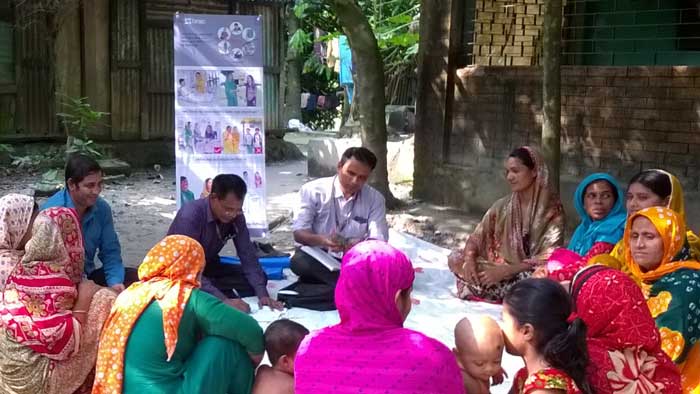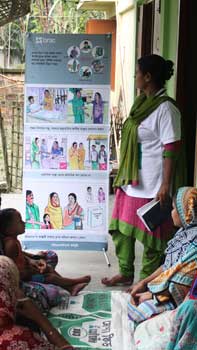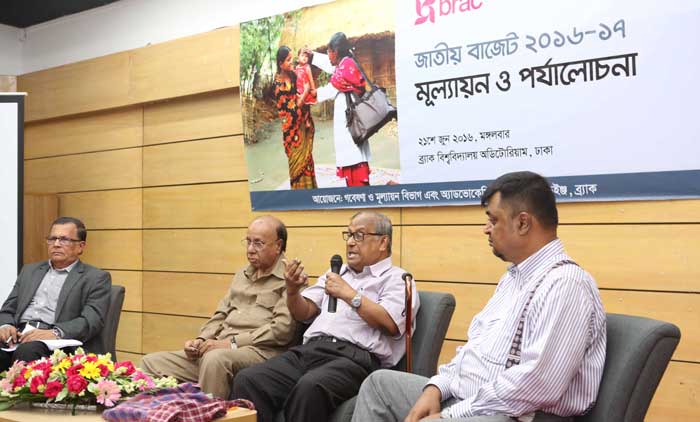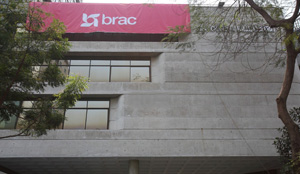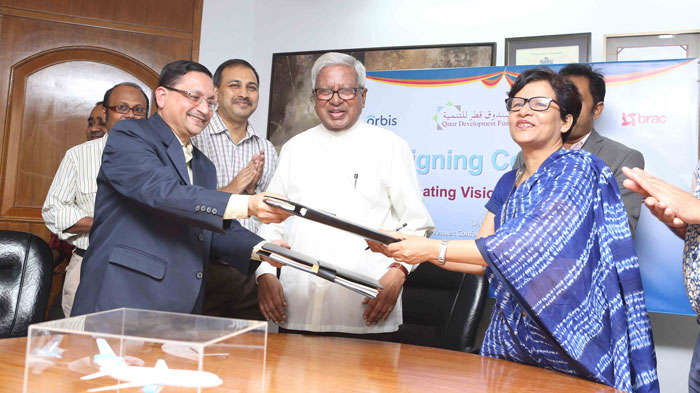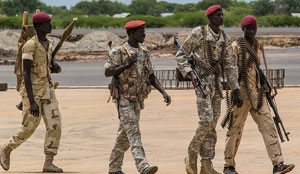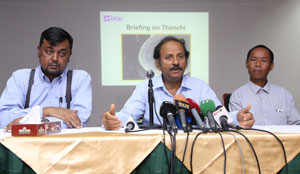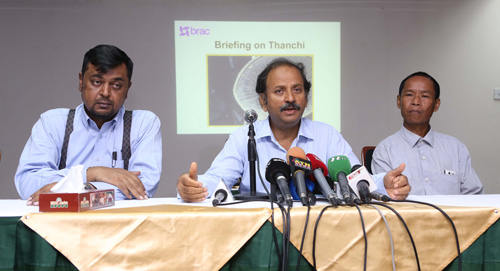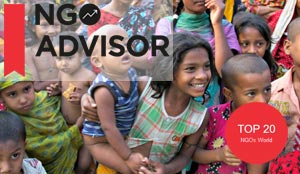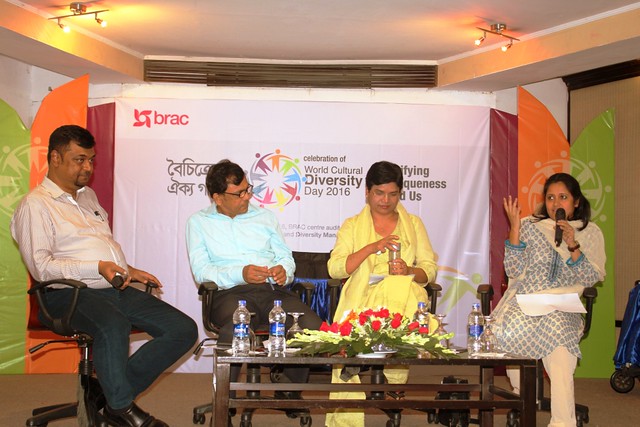
Special to the Philanthropy Journal
By Emily Coppel
A little more than 30 years ago in Bangladesh, Naveen’s* mother was about to give birth to a baby girl. Her family was relatively well off, and she was able to deliver in one of the better hospitals in the country. But complications arose just after Naveen came into the world: her mother began to hemorrhage internally; she was bleeding profusely and her fever wouldn’t drop. The doctors said Naveen’s mother had an infection, and the hospital had just one dose of antibiotics. Thankfully, she could afford the antibiotics. Miraculously, she survived.
High maternal and child mortality rates historically have been seen as a telling indicator of a country’s failing health system. In 1980, the situation was especially stark in Bangladesh: two in every 25 babies would die as an infant; one in every hundred mothers would not survive childbirth. With 84 million people (now nearly 160 million) living in a country the size of Iowa, a public health solution needed to be expansive.
 Although it isn’t well known in the US, one of the largest NGOs in the world began in Bangladesh in the 70s. Known as BRAC, the organization now reaches 138 million people, in 11 countries worldwide, with programs that range from healthcare to education, gender justice to microfinance. Recently, BRAC was ranked the number one NGO in the world by NGO Advisor, largely because of its unique self-financing model – 70 percent of the organization’s budget comes from its own social enterprises.
Although it isn’t well known in the US, one of the largest NGOs in the world began in Bangladesh in the 70s. Known as BRAC, the organization now reaches 138 million people, in 11 countries worldwide, with programs that range from healthcare to education, gender justice to microfinance. Recently, BRAC was ranked the number one NGO in the world by NGO Advisor, largely because of its unique self-financing model – 70 percent of the organization’s budget comes from its own social enterprises.
But in the 80s, BRAC was still growing, developing programs to help the country recover from the 1971 war of independence and a series of cyclones, both of which contributed to devastating, widespread poverty. Sir Fazle Hasan Abed, a former Shell Oil executive, founded BRAC because he was motivated by the urgent needs of his fellow Bangladeshis. The country’s pressing health crisis was foremost in Abed’s mind.
Faced with the challenge of extremely high maternal and child mortality rates, another organization might have built a hospital or shipped medical supplies to Bangladesh. Abed and BRAC took a different approach. At the time, diarrheal disease was one of the biggest killers of children. The disease precipitated severe dehydration, leading to a loss of electrolytes that was lethal for children. In rural areas of Bangladesh, few people knew how to treat sick children suffering from the disease.
BRAC researchers developed a simple yet life-saving solution: a combination of salt, sugar and water, which, if given in the correct proportion, would rehydrate children and decrease their likelihood of death to just one percent. A pinch of salt, one fistful of sugar and a liter of water created the perfect elixir. The formula was only one part of the solution; teaching and persuading families to give this liquid to their children was the real hurdle.
BRAC piloted a project that trained volunteers from communities without access to health resources. These volunteers were women, over the age of 25, with a basic level of education. They became community health workers, known in Bangladesh as Shasthya Shebikas.
The Shasthya Shebikas trained new mothers face-to-face on how to make and administer the rehydration solution to their children. They revisited mothers regularly, testing them on how to make the mixture correctly and ensuring they gave it to their children when they fell sick. After significant trial and error, BRAC altered the teaching approach and established incentives for effective training. The program worked. BRAC scaled up to ultimately reach 12 million households in almost every village in Bangladesh.
In 1988, one in five children died from cholera or diarrheal-related disease. By 2007, it was one in 50.
When BRAC pivoted to address maternal health in the 80s, this massive network of Shasthya Shebikas proved instrumental. BRAC trained them in pre- and post-natal care to ensure that pregnant mothers had the tools for a safe and healthy birth. These volunteers visited mothers regularly throughout their pregnancy, monitoring their vital signs and referring them to nearby clinics when necessary.
The organization also sold medicine to Shasthya Shebikas at a low cost, and they in turn sold them to villagers for a low, fixed price. The program became self-financing, and the health workers were even able to make a small profit. Today, BRAC has a network of more than 100,000 health workers in seven countries, reaching millions worldwide.
This approach – finding a simple solution, testing it and scaling it up – is used by BRAC across health, education, financial empowerment, livelihood, and all of its program areas.
For mothers like Naveen’s, faced with complications giving birth, or nursing a sick child, it’s often the low-tech solutions – a trained health worker, access to medication, or a rehydrating liquid – that offer the real miracles. It’s the simple solutions that save the most lives.
*Naveen’s name has been changed to protect her privacy.
This article was originally posted here: http://pj.news.chass.ncsu.edu/2016/08/01/brac-usa/

